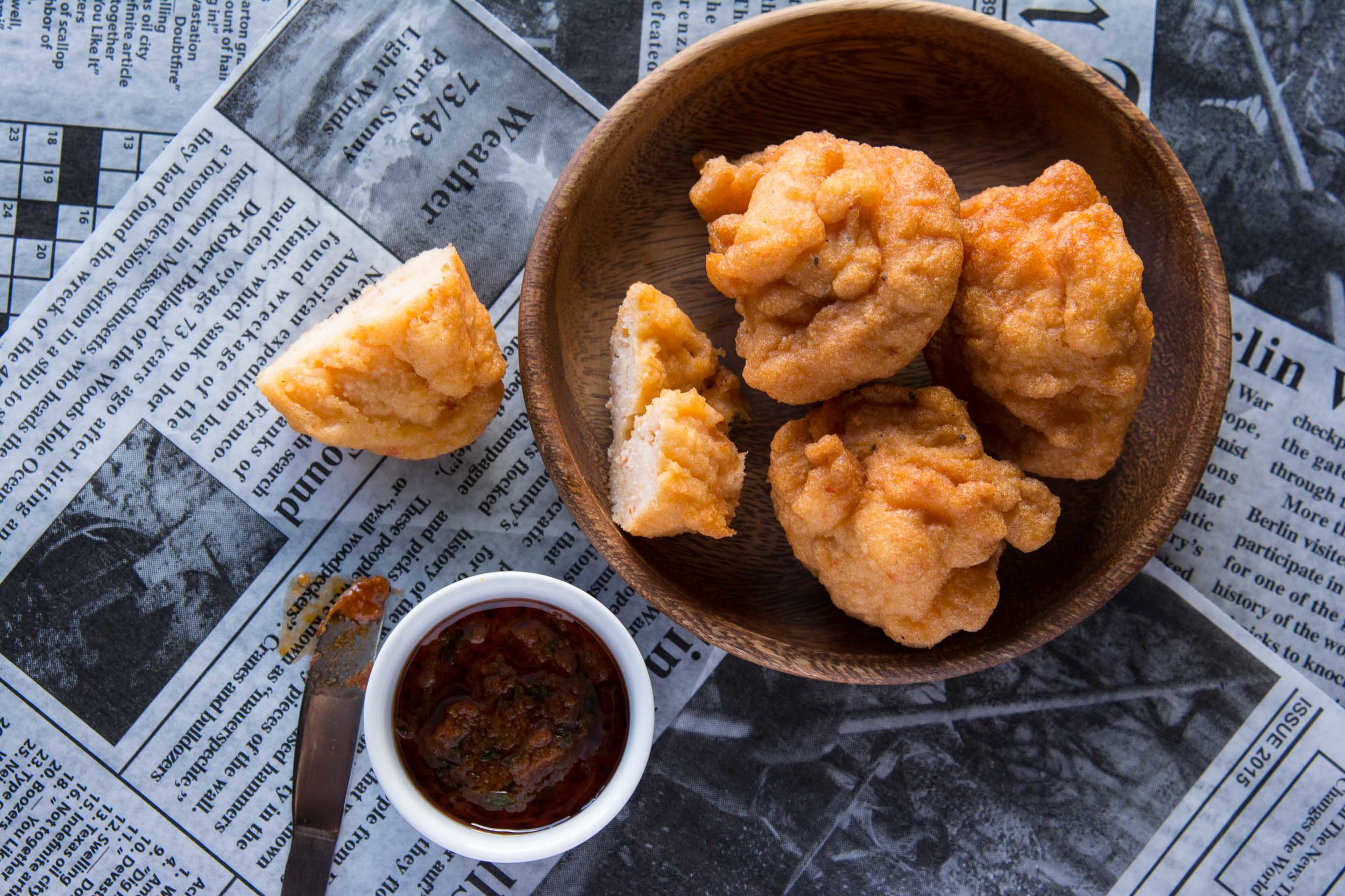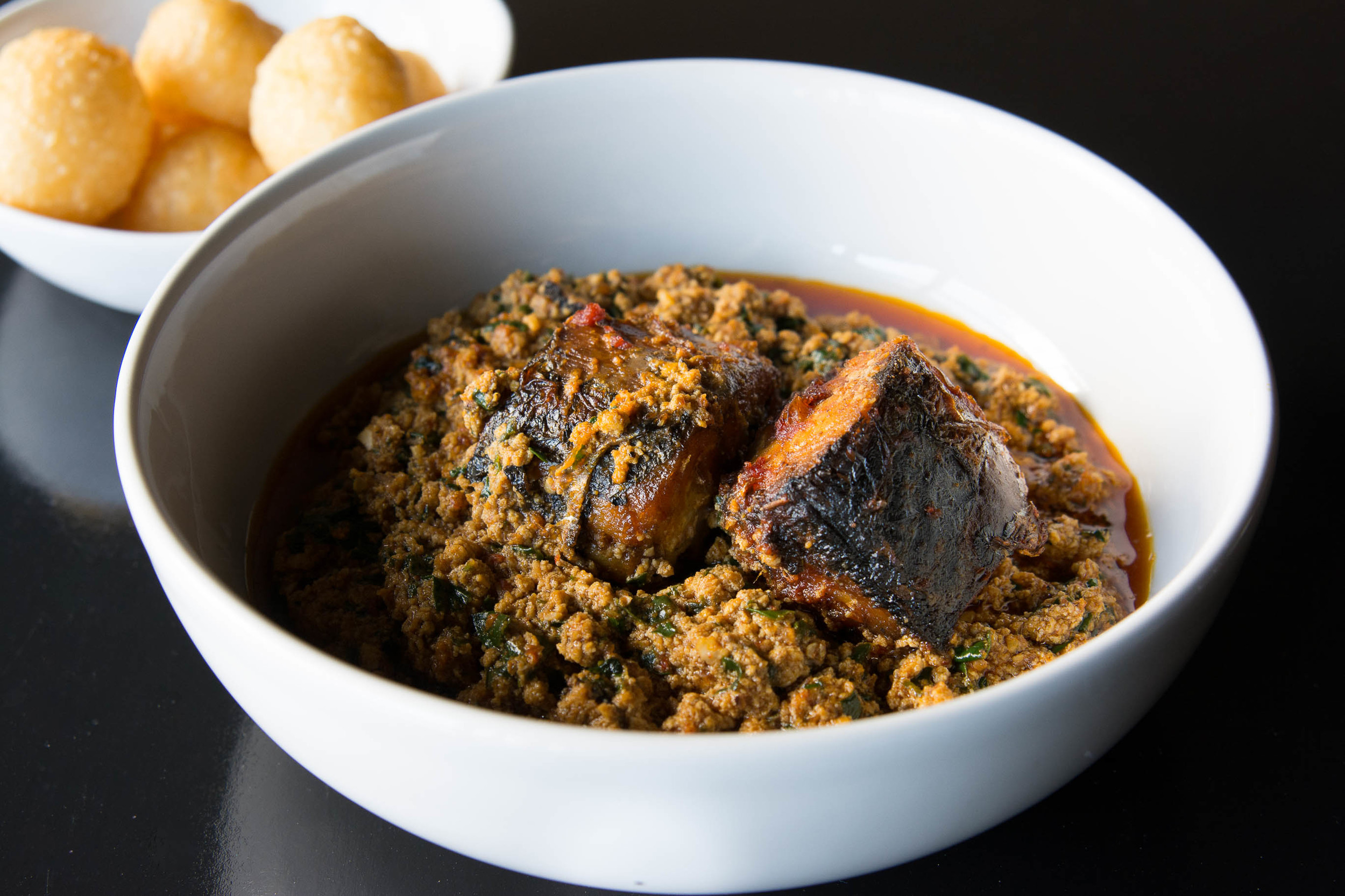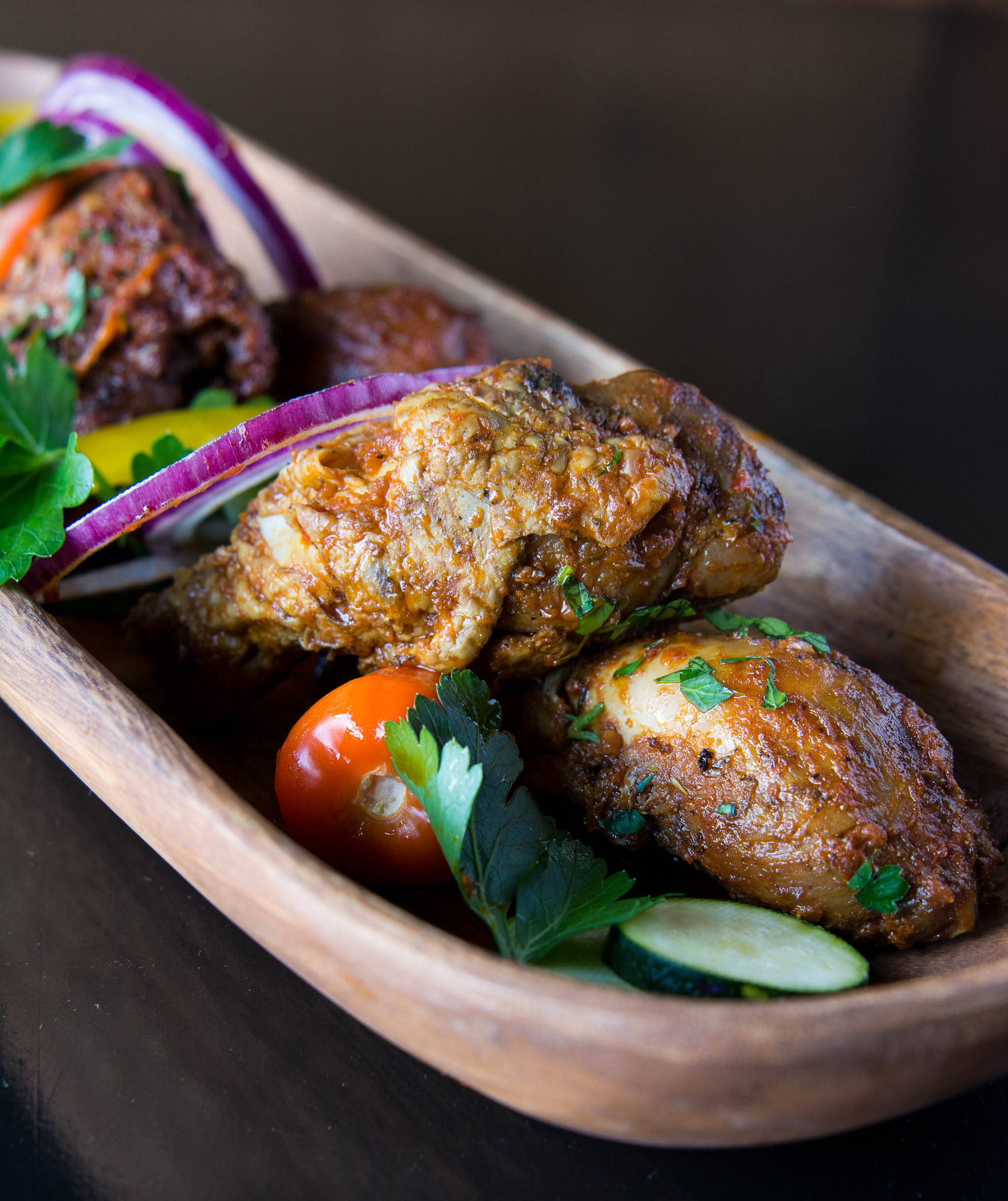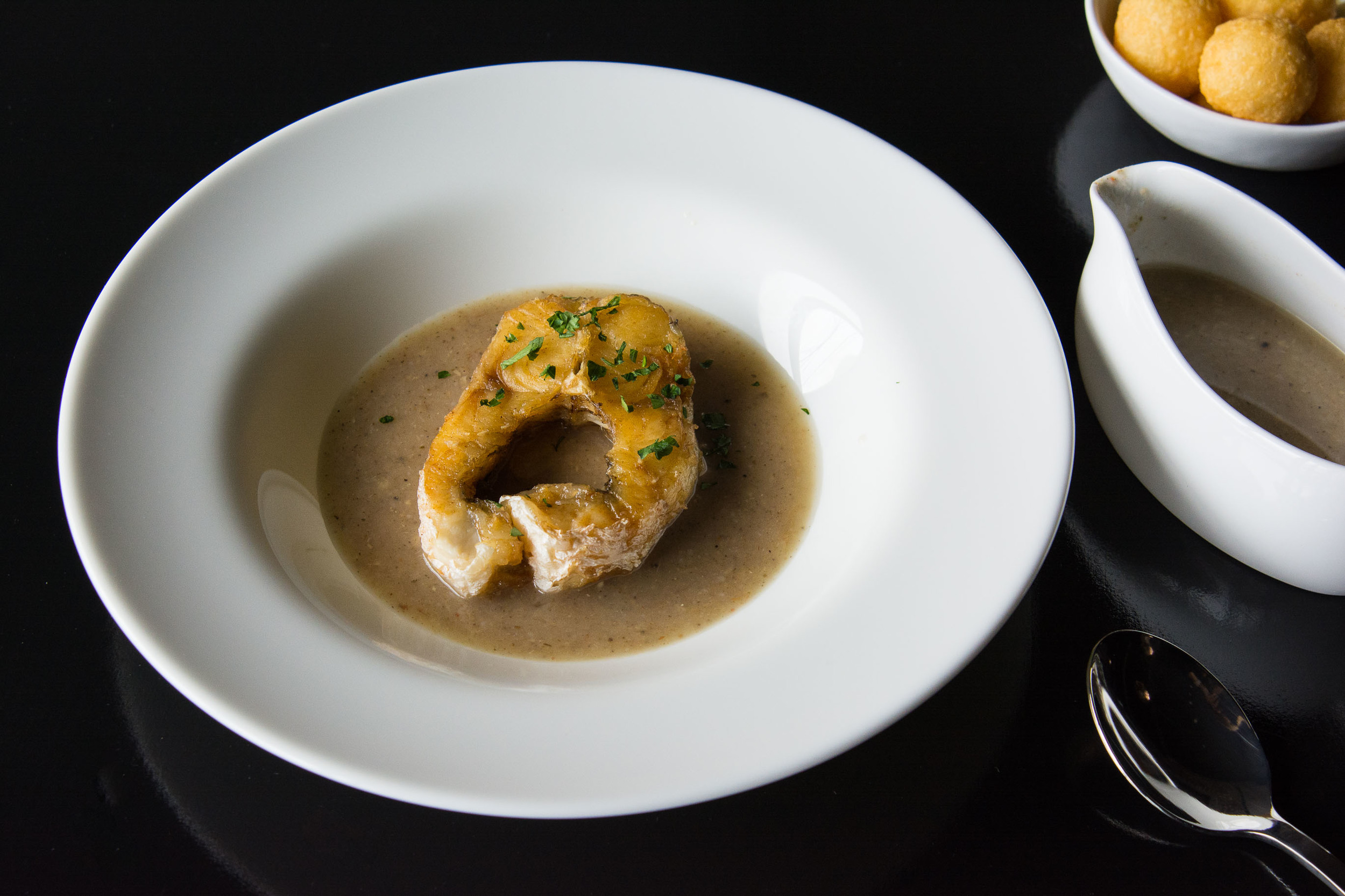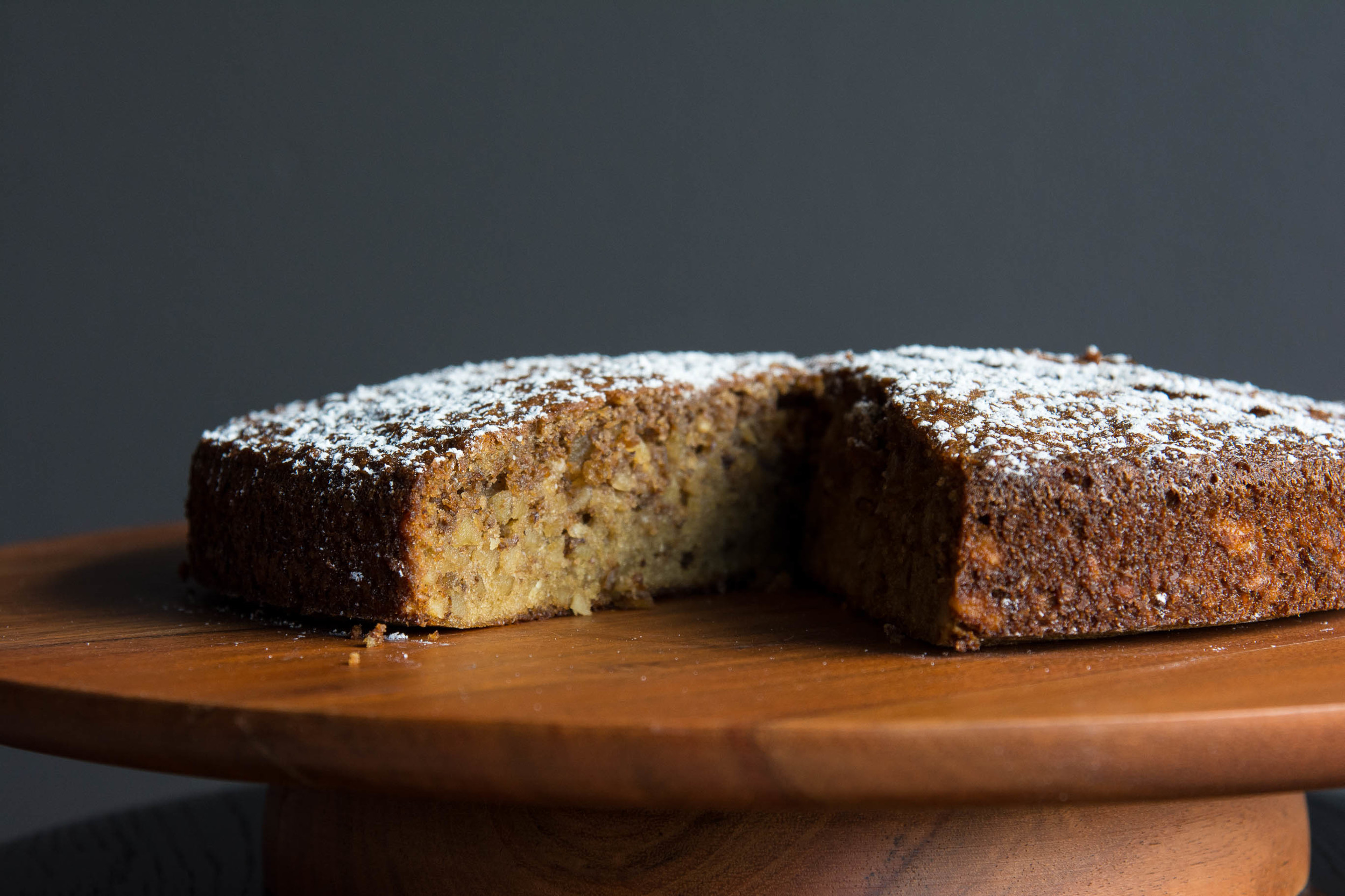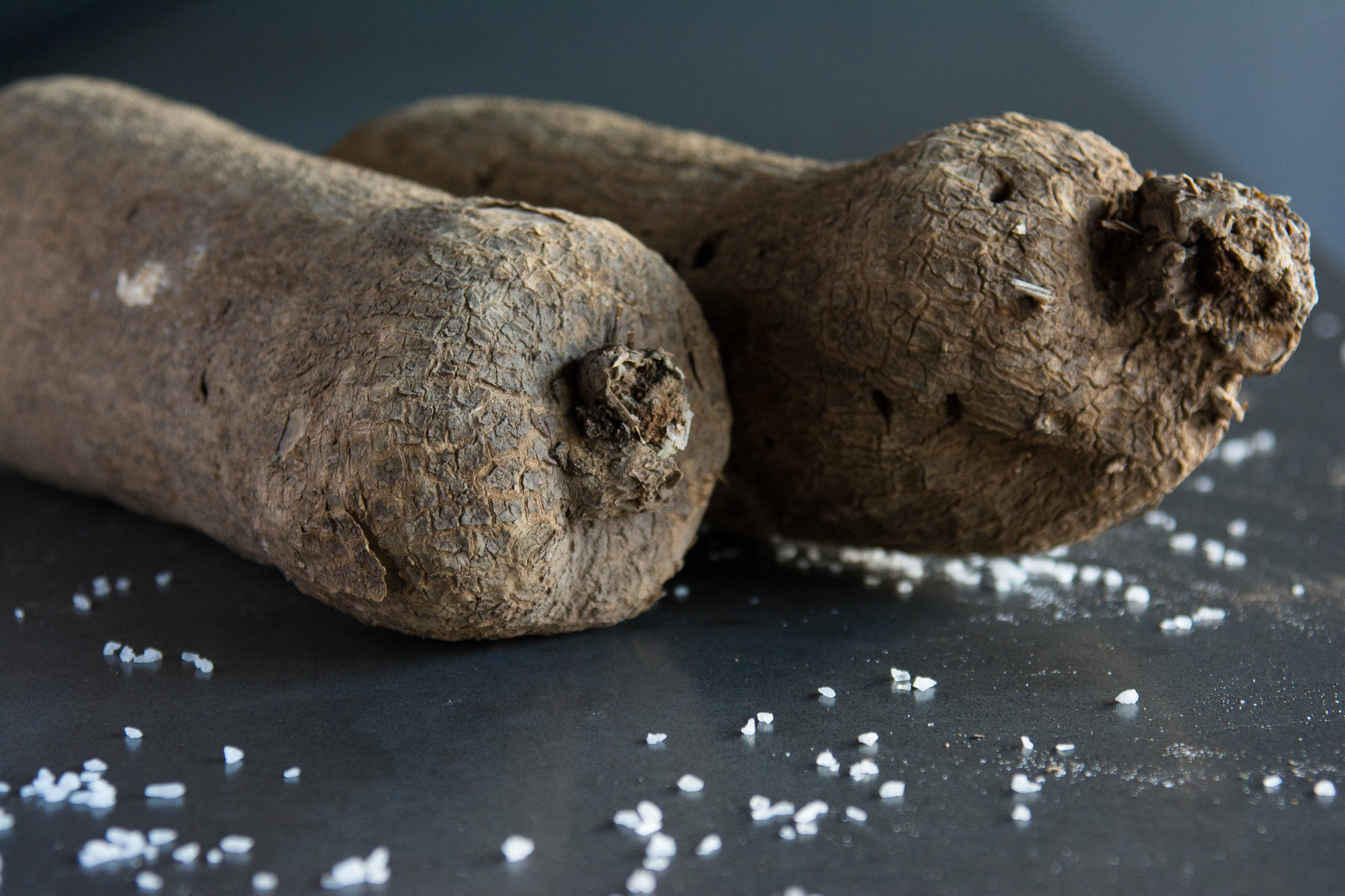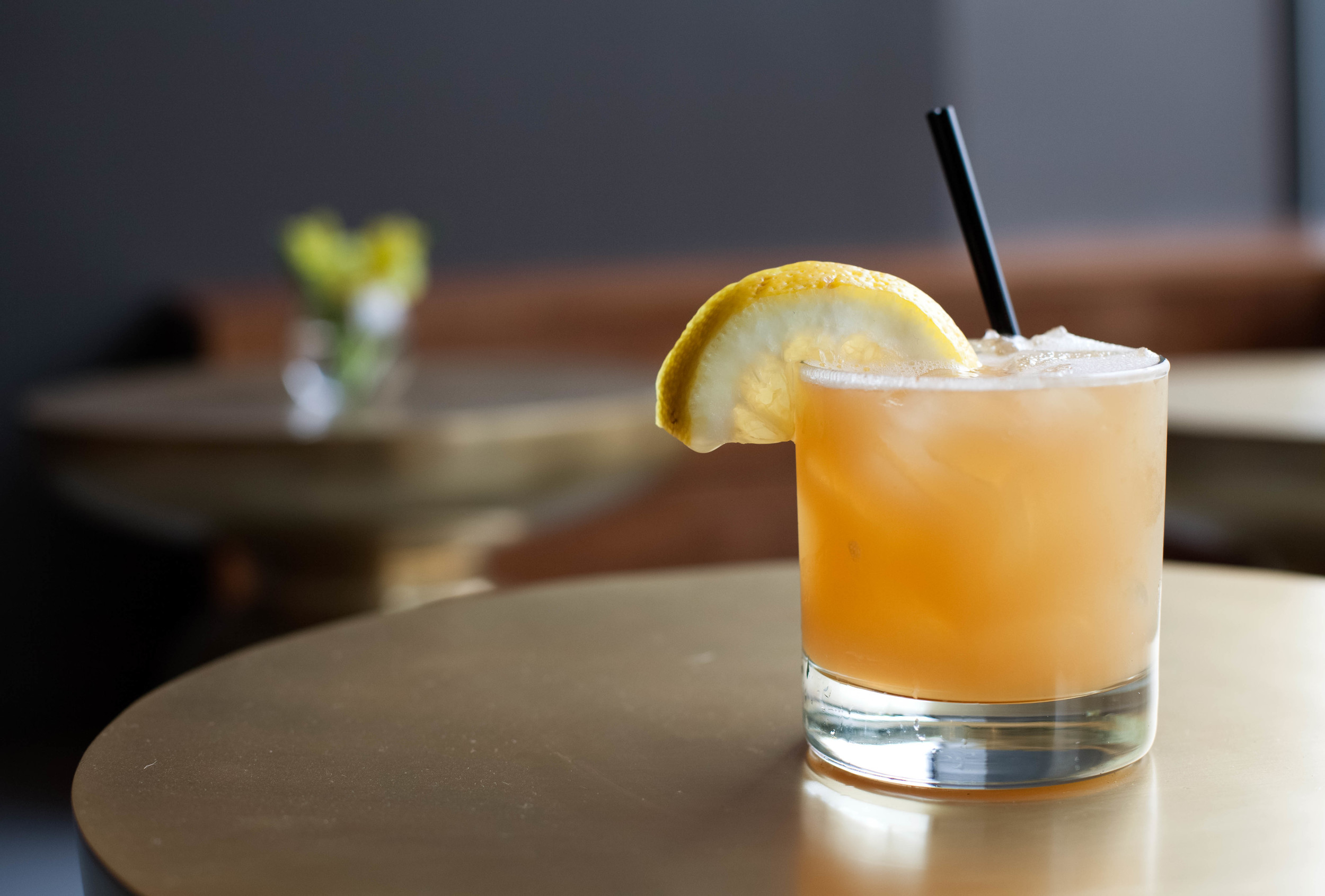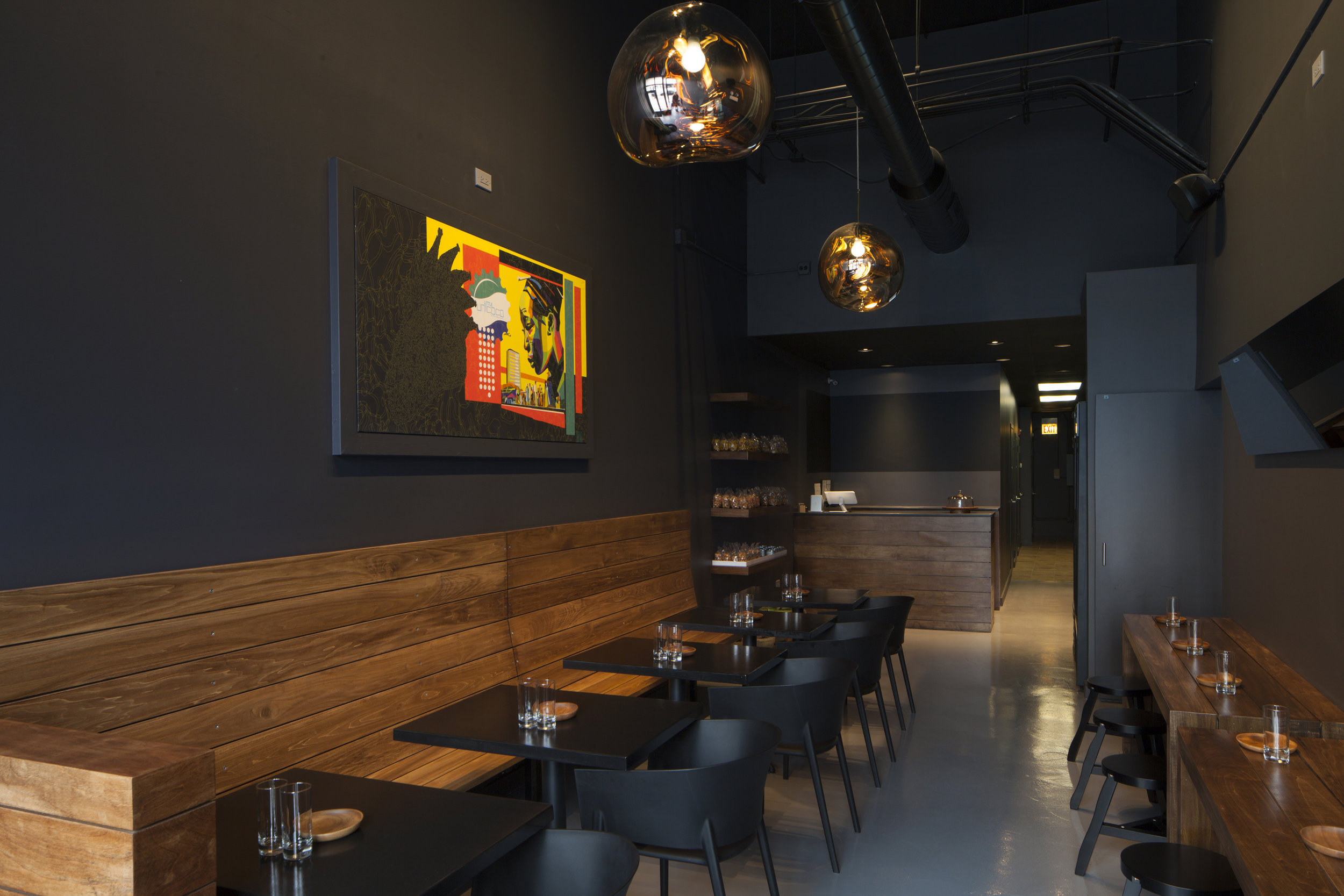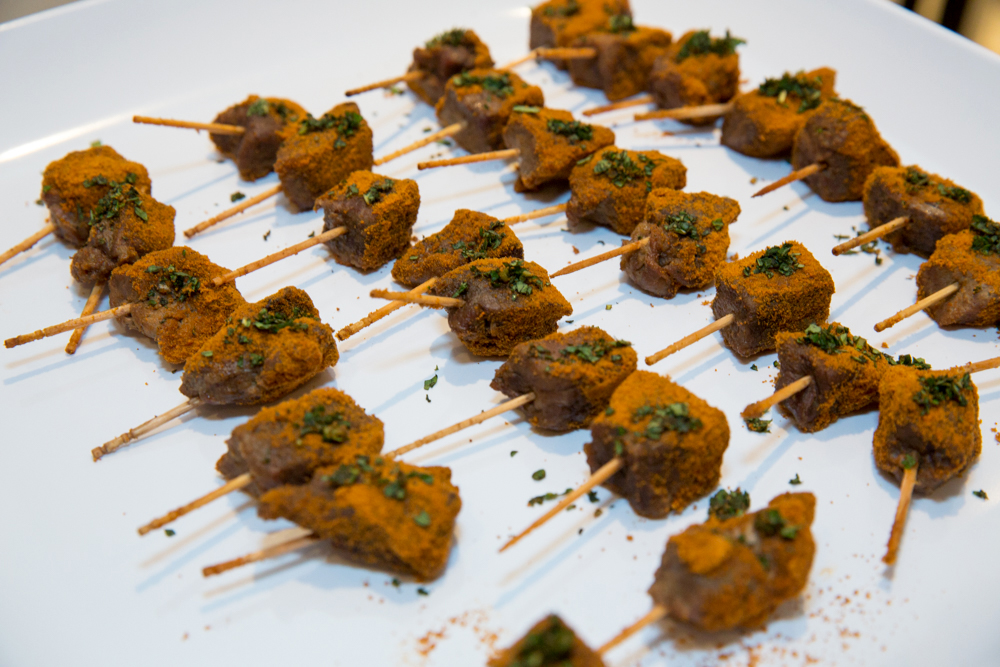Nigerian cuisine, like West African cuisine in general, is known for its richness and variety. Many different spices, herbs and flavorings are used in conjunction with palm oil or groundnut oil to create deeply flavored sauces and soups often made very hot with chili peppers.
Nigerian feasts are colorful and lavish, while aromatic market and roadside snacks cooked on barbecues or fried in oil are plentiful and varied. As is one of the world's most ethnically diverse countries, it is difficult to assign a proper national dish.
Nigeria has two major seasons- the tropical Rainy Season and The dry Harmattan Season. Various and Numerous foods are grown depending on these seasons. A large part of Nigeria lies in the tropics, where many fruits are also available.
Here is a little sampling of some of the numerous and amazing herbs, plants, tubers, fruits and various exotic awesomeness we use in our cuisine.
Tiger Nuts – this ancient superfood originates from Africa. Tigernuts have been known at one time or another as: zulu nut, aya, yellow grass nut, ground almond, and rush nut. Despite all of these referents, what might surprise people most is that this superfood is not a nut at all. It is a small root vegetable with a sweet, nutty, flavor. They can be eaten raw, ground into flour, or squeezed to release healthy oils that are good for the heart. Even two million years ago, tigernuts were the ultimate super- food, comprising up to 80% of the Paleo diet.
Fonio is Africa’s oldest cereal. It is rich in amino acids and is said to be the most nutritious of all Earth’s grains. Its seeds are also rich in methionine and cysteine that are vital to human health, which are deficient in today's major cereals. Fonio also has somewhat of a spiritual aspect to it as well. The Dogon People of Mali think that the entire universe was made by the explosion of a single grain of fonio.
Kola-nut is the origin of the word “cola,” and the tree on which it grows is believed among some Nigerian tribes to be the first tree on earth. This nut is how the first cola recipe received its caffeine kick – along with real coca leaves. It plays a powerful role in West African culture and is chewed in many West African cultures, individually or in group setting as a precursor to initiating discussions in gatherings. It is often used ceremonially, presented to chiefs or presented to guests. For the Igbos it is said, “he who brings Kola brings life.”
Ókro or Okra is a shrub with yellow flower and succulent seedpod emanating from the flower. The leaves and the seedpod are major ingredients in several local dishes across West African countries. Ókro also known as Gumbo, Bhindi or Lady's fingers is a versatile vegetable found around the world. It is often used for making soups, stews and sauces, but can also be eaten raw as a snack. In Nigeria, it is used for the popular Ókro soup and Ógbono- Ókro mixed soup.
ÓGBONO is the seed of the African wild mango (Oro). The seed is dried and then milled with some crayfish in order to make Ógbono soup powder. It is also ground and used as a powerful thickener for dishes, to which it also imparts an earthy flavor. Ógbono soup is popular everywhere in Nigeria.
YAM is the main agricultural crop of several Nigerian tribes - Igbos, Idomas, and Tivs. It is the "staple" food of the Igbo people. Importance of the Yams to Nigerians shows in The New Yam Festival. The New Yam Festival, known as Orureshi in Owukpa in Idoma west and Ima-Ji, Iri-Ji or Iwa Ji in Igbo land is a celebration depicting the prominence of yam in the social and cultural life. It consists of feasts and Masquerade dances. Prayers and thanks are offered for the years past and the people hope for a good harvests so no famine will hit the people in the coming year. Amongst the Igbo culture it is known as the king of crops, and in the olden days was a man’s crop.
CASHEW NUTS - Ever wonder where cashews come from? You might think they grow inside a shell like any other nut, but their true origins are far more bizarre. First of all, cashews are not actually nuts, but rather fruits from the cashew tree, a large evergreen tree that thrives in tropical climates. The tree produces red flowers, which in turn produce yellow and red oval structures resembling apples. These so-called cashew apples are very juicy and pulpy, and their juice is often added to tropical fruit drinks.
Bitter Kola – Garcinia kola is very important to the tribes and villages in Nigeria. The fruit, seeds, nuts and bark of the plant have been used for centuries to treat ailments including coughs, fever, and impotence.
Uziza Pepper is a berry from the Uziza plant that grows throughout tropical areas of Africa. The reddish-coloured berries look like cubeb pepper berries, but are smaller and more oval shaped, and have less of a bitter aftertaste than cubeb pepper. The berries are dried and then used as peppercorns are used. They have a peppery taste because they contain piperine.
Egusi “Citrullus Lanatus” is a melon that looks exactly like watermelon on the outside, but completely different on the inside–with it’s bitter white flesh and seeds. The people of Nigeria and Congo call it wild watermelon, Egusi melon, or Ibara. This makes it a great source of food for farmers in even the worst conditions.
Peri-Peri Pepper is also known as bird's eye, African devil, or African red devil. The exotic Peri-Peri is Africa's hottest pepper. The peppers are green when immature and bright red or purple when mature.
Calabash Nutmeg - Calabash nutmeg is one of the highly-prized spices known from antiquity. For the conservative and initiated, this is one spice that is valued for its aromatic, aphrodisiac, and curative properties.
To see our favorite Nigerian classics menu at New Market please click here.



